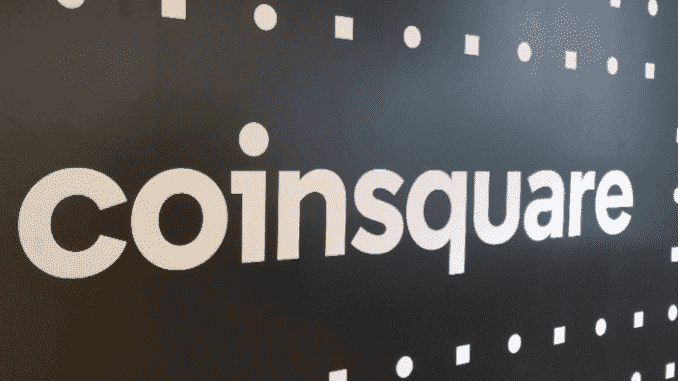The Canadian Revenue Agency (CRA) has successfully compelled Toronto-based crypto company Coinsquare to release its customers’ data.
In a recent court ruling, the blockchain company was directed to grant access to its Canadian customers’ crypto trading activity and identifying information.
“Limited” Access To Customers’ Data After Ruling
The blockchain firm that has been embroiled in recent lawsuits with Canadian regulatory agencies said in a released statement that it has been able to renegotiate the agency’s terms.
Coinsquare said that it would only grant “limited” access to clients’ information dating back to 2014 as per the tax agency’s agreement.
This “limited” disclosure will see Coinsquare release about 5-10% of the client’s data to the CRA.
“Instead of providing the CRA with all client data dating back to 2013 as was initially requested, Coinsquare and the CRA have agreed that information relating to 90-95% of our clients will not be disclosed,” the company disclosed.
Documents released denote that the affected parties would likely be those with CAD 20,000 or more from December 2014 through 2020.
16,500 of the company’s largest trading accounts will also be subject to scrutiny by the tax agency.
The CRA request has been seven months in court and is the first that involves a Canadian crypto exchange.
According to Canadian tax laws, the CRA had initially requested all of Coinsquare’s clients’ data to see if crypto investors comply with their tax obligations. The crypto firm had refused to comply, citing breach of privacy as a reason.
Coinsquare has since admitted that the tax agency reserves the right to go through its customers’ records but said the agreement is a partial but important victory for Canada’s crypto industry.
Although the CRA has since said the partial disclosure is sufficient for their investigation, the government agency said it will likely still mandate Coinsquare to provide more information on its customers by an “Unnamed Persons Requirement” filing.
Coinbase Also Made Disclosures
Coinsquare has been in the figurative eye of the storm for some time now. In July 2020, Coinsquare’s co-founders Cole Diamond (CEO) and Chairman Virgil Rostand admitted their role in manipulating the markets.
The contravention, which saw the Ontario Securities Commission (OSC) step in, led to both executives’ resignation, and they paid administrative penalties as part of the agreement with the regulatory body.
According to the Canadian agency, both executives intentionally inflated their trading volume numbers to deceive the investing public.
US largest crypto exchange Coinbase also ploughed the same path when the Internal Revenue Service (IRS) asked to go through its clients’ records about five years ago.
The Bitcoin exchange had initially refused, calling the tax agency’s inquisition a “fishing expedition” but had to acquiesce after a court ruling. The crypto exchange was also able to renegotiate the terms granting access to only 13,000 customers’ data over the $15,000 mark.
Credit: Source link













































































































































